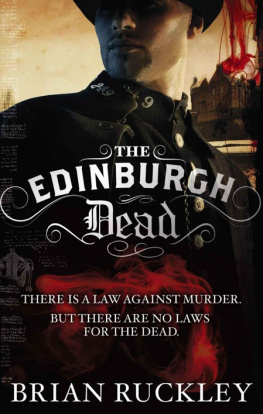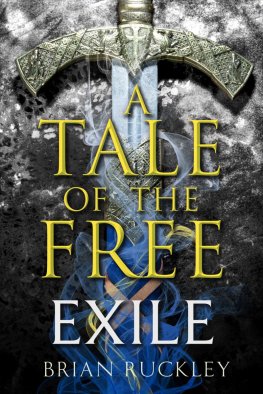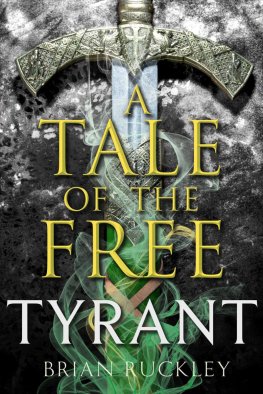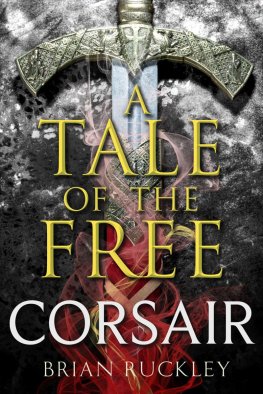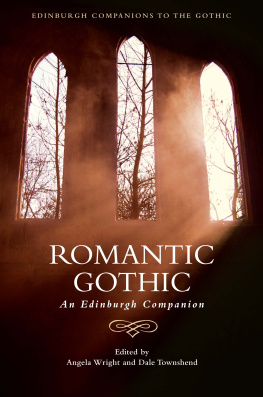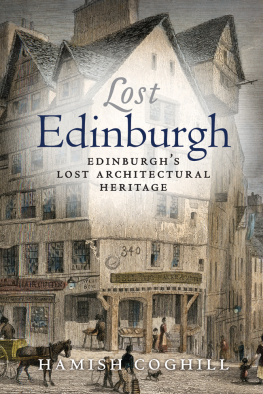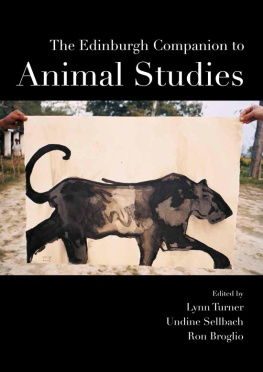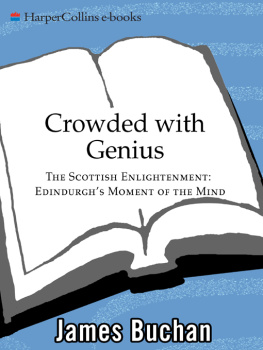

www.orbitbooks.net
For Daniel
We have heard a great deal of late concerning the march of the intellect for which the present age is supposed to be distinguished; and the phrase has been rung in our ears till it has nauseated us by its repetition, and become almost a proverbial expression of derision. But we fear that, with all its pretended illumination, the present age must be characterized by some deeper and fouler blots than have attached to any that preceded it; and that if it has bright spots, it has also darker shades and more appalling obscurations. It has, in fact, nooks and corners where every thing that is evil seems to be concentrated and condensed; dens and holes to which the Genius of Iniquity has fled, and become envenomed with newer and more malignant inspirations.
Thomas Ireland Jnr, West Port Murders (Edinburgh, 1829)
Glasgow, 1818
The corpse sat in a simple, high-backed chair. A band had been tied around its stomach to keep it upright. The manyoung, perhaps no more than twenty-fivehad as peaceable a look to him as death might permit. A relaxed face, hands resting quite naturally, in lifelike manner, upon his knees. He was naked, but a pure white sheet had been laid across his legs and groin, for the preservation of modesty.
A few paces behind the dead mans chair, a fire burned with vigour in a metal brazier. It gave out prodigious amounts of light and heat, the latter of which in particular was hardly needed. Though the streets of Glasgow outside were awash with freezing rain and stinging winds, the air within was already close and warm and a touch stale, by virtue of the enormous audience the corpse had attracted.
They were packed in to the raked galleries of benches that occupied some three-quarters of the rooms circumference. This great wooden amphitheatre had never seen quite so many beneath its domed roof. They were standing in the aisles, sitting on the steps between the blocks of benches, crowding the very highest and furthest of the doorways, craning their necks to get a view of proceedings. For all their numbers, though, and all their slightly febrile anticipation, a remarkable quiet prevailed. There was the occasional shuffling of a foot, a cough, now and again a faintly nervous laugh. But all in all the fragile, expectant silence held.
The corpse was not alone, down on the floor of the amphitheatre. Figures in long white robes moved about him, like a flock of bishops preparing a sacramental rite. The instruments of their devotion were not, however, chalice or cross or censer. Rather, a stack of metal discs, threaded on to a tall central pillar, stood on a wheeled trolley. Flat strips of copper ran from the top and bottom discs to long rods that stood upright in a glass jar. Beside this odd machinery, a man was laying out knives on a cloth. Dozens of them. And saws, and shears.
Ladies and gentlemen, said one of the robed men, and at the first, startling sound of his voice a collective shiver of excitement thrilled its way around the whole assembly.
Ladies and gentlemen, he said again once that tremor had passed, you will this evening be witness to a display of true medical Prometheanism. This, he gestured towards the corpse strapped to the chair, is Mathew Clydesdale, murderer. Executed this very day, in accordance with the sentence passed upon him by the court. And his presence here, the service he is about to perform, is also in accordance with that sentence.
I am Professor Andrew Ure, and it is my privilege to be your guide in the first part of our explorations this evening: a demonstration of galvanic effects.
He turned and nodded to the younger men, the assistants, who had been waiting beside the gleaming and ordered array of knives. At his sign, they took up their blades. This was greeted by a swelling murmur of conversation around the theatre, and waves of shuffling and shifting as the assembled host sought a clear line of sight. But all sound, all distraction and interruption, dwindled away as the knives went to work.
A lengthwise cut was made along the inner face of the forearm, followed by two transverse incisions across the wrist and the elbow. The skin was peeled open, the two flaps of it pinned to ensure it did not slip back into place. Thus invited, the people of Glasgow looked into the meat of Mathew Clydesdales arm, and as they did so they whispered to one another, and trembled in fascination, or horror, or wonder.
The muscles were raw, a brownish red; the bone, overlaid by them and by the straps of pale tendon, yellowish. There was little blood, for his heart had been stilled some time ago.
Expose the cervical vertebrae, if you would, Ure murmured to his assistants, and while they tipped Clydesdales head forward and went to work on the back of his neck, Ure bent over the exposed machinery of the arm. He probed with a short rod, and used it to elevate slightly from amongst the meat and the gristle a set of cord-like structures, somewhat grey beneath the scraps of tissue and congealed blood that adhered to them.
Here are the nerves, he proclaimed to his rapt audience. He shifted his hand a little, letting all but one of the nerves fall back into their corporeal bed. And this is the ulnar, the first to which we shall direct our attentions.
At Ures instruction, the trolley that carried the tall pile of metal plates was wheeled into position beside the corpse. Ure took up one of the long metal rods attached to the apparatus and inserted it through the new opening in the back of Clydesdales neck. Once satisfied of its position, he held it there, and raised the second rod. He looked up to the crowded benches with a grave expression.
Now, ladies and gentlemen. Observe.
He slipped the second rod into Clydesdales gaping arm; adjusted it, eased it into contact with the ulnar nerve.
And Clydesdales arm spasmed. The dead hand that rested palm up on his knee twitched, the fingers clenched. There were gasps, and screams, and a shuddering of alarm. A few cheers. A few hands clapped. Ure withdrew the rod, then reinserted it. Again the fingers trembled and closed, as if trying to grasp at the life so recently extinct.
A woman near the end of one of the rows, midway up the auditorium, fainted away. She was half-carried, half-dragged from her seat and through the crowd to one of the doors, in search of reviving air.
Satisfied, Ure pushed back Clydesdales head and turned it to one side. He nodded to his colleagues, and they set to work, cutting open the skin of the lower neck, pulling it away from the underlying structure of veins and muscles. Once they stood back, Ure delicately set the tip of a rod against a deep-buried fibrous thread.
The phrenic nerve, he announced.
And the corpses chest heaved. Clydesdales whole inanimate form shifted as his ribcage rose and fell in a dreadful parody of breathing. More exclamations of amazement, and of horror. Some of those watching averted their eyes, or closed them, their morbid fascination exceeded by repulsion and unease.
You see, Ure said calmly and clearly, that the mechanism of breathing remains intact after death, lacking only the animating force by which it was formerly enlivened.
Though his voice was steady, his face was flushed with excitement, for he was as captivated as any by the wonders he performed.
And so the demonstration proceeded. The leg was made to straighten, jerking and kicking as if during a fit. A rod inserted into a notch cut above the orbit of Clydesdales left eye made his face contort and convulse in a mad dance of lopsided expression. At that, another woman was overcome, and helped from the chamber. Two men departed, one after the other, each pale of visage and with a hand pressed over his mouth. One was already gagging as he made for the door.
Next page
